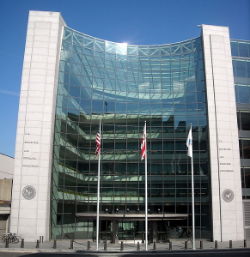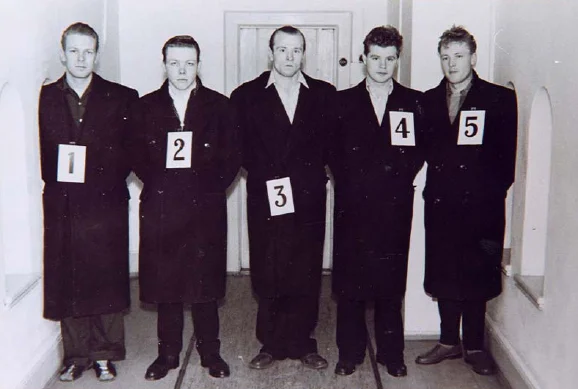James Robinson, President and CCO of Vermont-based broker-dealer Middlebury Securities, LLC, got himself fined handsomely and suspended from FINRA for allegedly misusing, through a registered representative, $200,000 in escrowed customers’ funds during a private offering that raised more than $5 million. Middlebury Securities was also censured and fined $325,000 for allegedly failing to supervise transactions and accounting related to this private offering deal.
Read more here.
MML Investor Services, LLC, based in Springfield, Massachusetts, was censured, fined, and ordered to pay almost $800,000 for allegedly failing to supervise its registered representatives (brokers) “in connection with their unapproved sale of certain private securities.” As a result of this failure to supervise its brokers, many of MML’s investors were allegedly sold unauthorized promissory notes from an issuer, ICI, who turned out to be running a multi-million dollar Ponzi scheme.
Read more here.
Gregory Jerome Ptasienski Osborn, a broker with Middlebury Securities and based in Ridgewood, NJ, is the subject of a complaint alleging that he “willfully made fraudulent misrepresentations and omissions of material facts in connection with the sale of securities in private offerings, conducted on behalf of issuers, and raised approximately $5.09 million from investors through the sale of the issuers’ offerings.” Osborn also allegedly received around $100,000 in commissions related to the offerings.
Read more here.
Michael Eugene French, a broker formerly with Wells Fargo Advisors, was fined $25,000 and suspended from FINRA for allegedly recommending and trading non-traditional ETFs in an elderly couple’s accounts who were relying on their portfolio to provide for their retirement.
Read more here.
Karen Yvonne Geiger of broker-dealer Wall Street Strategies, Incorporated was fined and suspended from FINRA for 30 days for recommending and selling more than $200,000 in illiquid and high-risk investments to an elderly couple who had no business holding these products.
Read more here.
Jeffrey Griffin, Jr. of Jersey-based National Securities Corporation was barred from FINRA for allegedly having created his own limited liability company, Tricep Trading, then used it to solicit investors’ money so he could day-trade ETFs.
Read more here.
Anthony Manaia of brokerage firm, Intervest International Equities Corporation, was fined more than $50,000 and suspended from FINRA for allegedly making “negligent misrepresentations and omissions of material fact in a cover letter and in email communications to customers in connection with investments in private placements.” His customers’ investments in the private placement, known as MedCap VI (issued by Medical Capital Holdings, Inc.), totalled around $1.35 million.
Read more here.
There’s plenty more where that came from. If you’d like to read the entire FINRA Disciplinary Action Report, click here.
If you or anyone you know has been the victim of broker misconduct or investment fraud, please contact us immediately at 1-855-462-3330 for a free consultation or use our contact form to the right.









![By Dave Dugdale from Superior, USA (Analyzing Financial Data Uploaded by Ainali) [CC-BY-SA-2.0 (http://creativecommons.org/licenses/by-sa/2.0)], via Wikimedia Commons](https://images.squarespace-cdn.com/content/v1/5137a15de4b037a1b7ed0c20/1384975216145-0IWLJ61PJS1PV8AN738N/closedendfunds.jpg)










